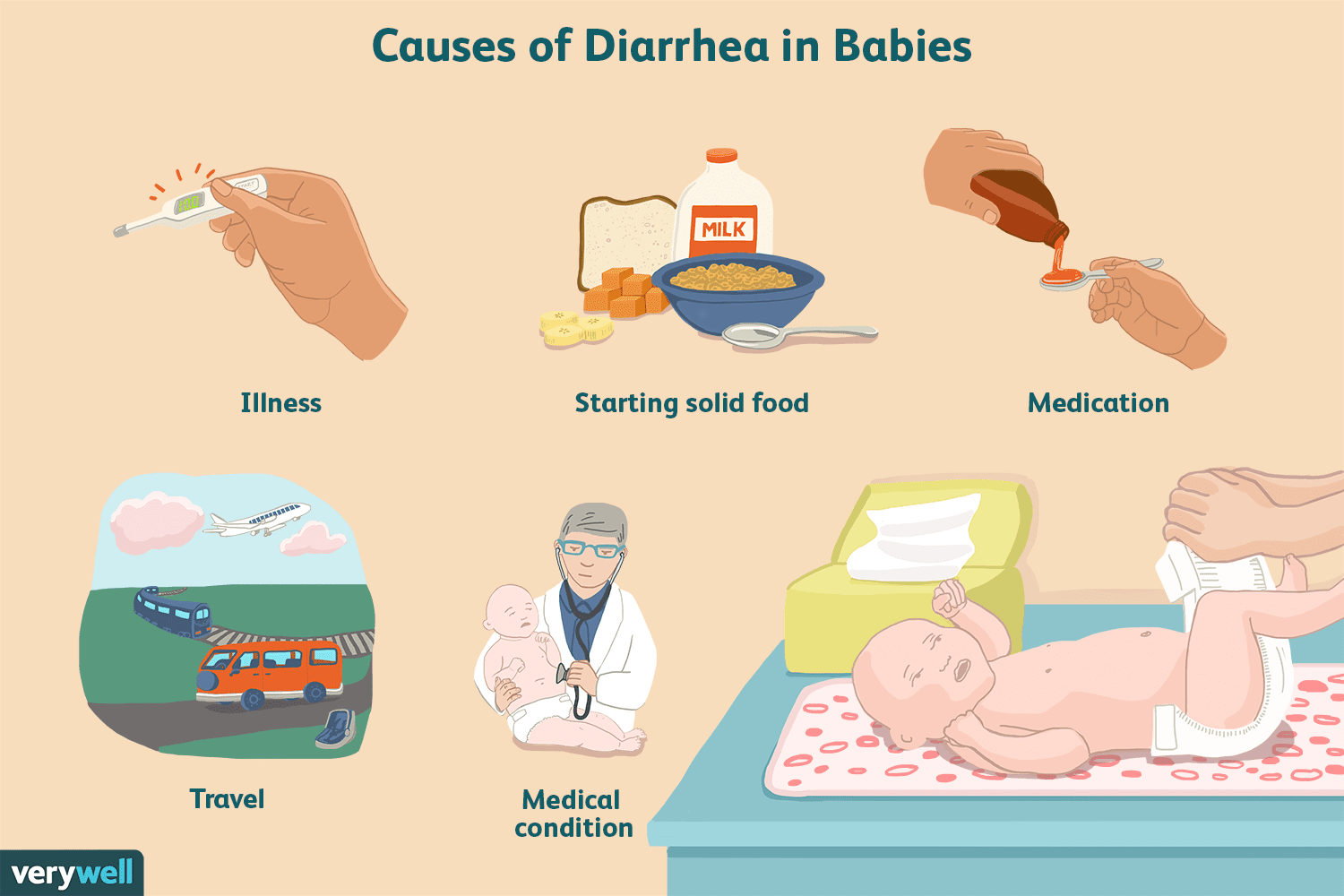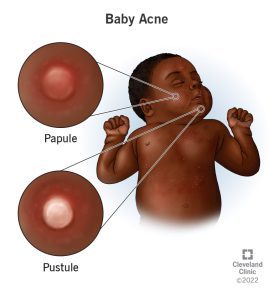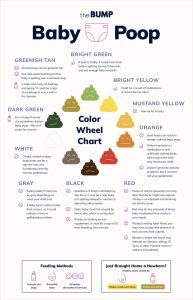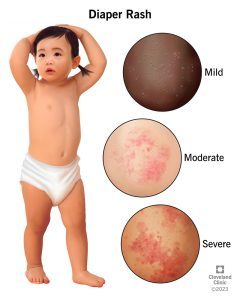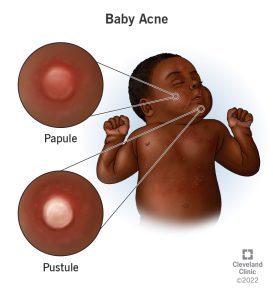If your baby has diarrhea but seems fine, it may be a sign of a temporary issue, such as a dietary change or a viral infection. In most cases, diarrhea in babies resolves on its own within a few days without any specific treatment.
However, if the diarrhea persists for more than 48 hours or is accompanied by other concerning symptoms, it is best to consult a healthcare professional for proper evaluation and guidance. As a parent, it can be worrying to see your baby experiencing diarrhea, even if they seem otherwise healthy.
Diarrhea can be caused by various factors, ranging from dietary changes to more serious infections. In most cases, diarrhea is a self-limiting issue that resolves on its own after a few days. However, it’s essential to keep an eye on the situation and ensure that your baby stays hydrated. This article will discuss potential causes of diarrhea in babies who appear otherwise fine, how to manage it, and when to seek medical attention. By understanding the factors contributing to your baby’s condition, you can provide the necessary care and seek appropriate medical support when needed.
Common Causes Of Diarrhea In Infants
Diarrhea in infants can be a cause of concern for parents, but it is important to remember that it is a common occurrence in babies. Understanding the potential causes of diarrhea can help you navigate this situation with confidence and provide the appropriate care for your little one.
Viral Infections, Diarrhea but seems fine
Viral infections are one of the most common causes of diarrhea in infants. These infections can be caused by various viruses, such as rotavirus or norovirus. Infants are particularly susceptible to viral infections as their immune systems are still developing. The viruses can be easily transmitted through contact with contaminated surfaces, objects, or even infected individuals.
Bacterial Infections
Bacterial infections are another potential cause of diarrhea in infants. Bacteria like Salmonella, E.coli, or Campylobacter can enter an infant’s system through contaminated food, water, or poor hygiene practices. These infections can lead to diarrhea, accompanied by symptoms such as fever, vomiting, and abdominal pain.
Food Allergies Or Intolerances
Food allergies or intolerances can also trigger diarrhea in infants. Certain foods, such as cow’s milk or soy, can cause an allergic reaction in babies, leading to gastrointestinal issues like diarrhea. Additionally, lactose intolerance, where the baby lacks the enzyme to digest lactose, can also result in loose stools.
To summarize, viral and bacterial infections, as well as food allergies or intolerances, are common causes of diarrhea in infants. It is essential to monitor your baby’s symptoms and seek medical advice if the diarrhea persists or is accompanied by severe dehydration or other concerning signs. Proper diagnosis and treatment can help alleviate your baby’s discomfort and ensure their health and well-being.
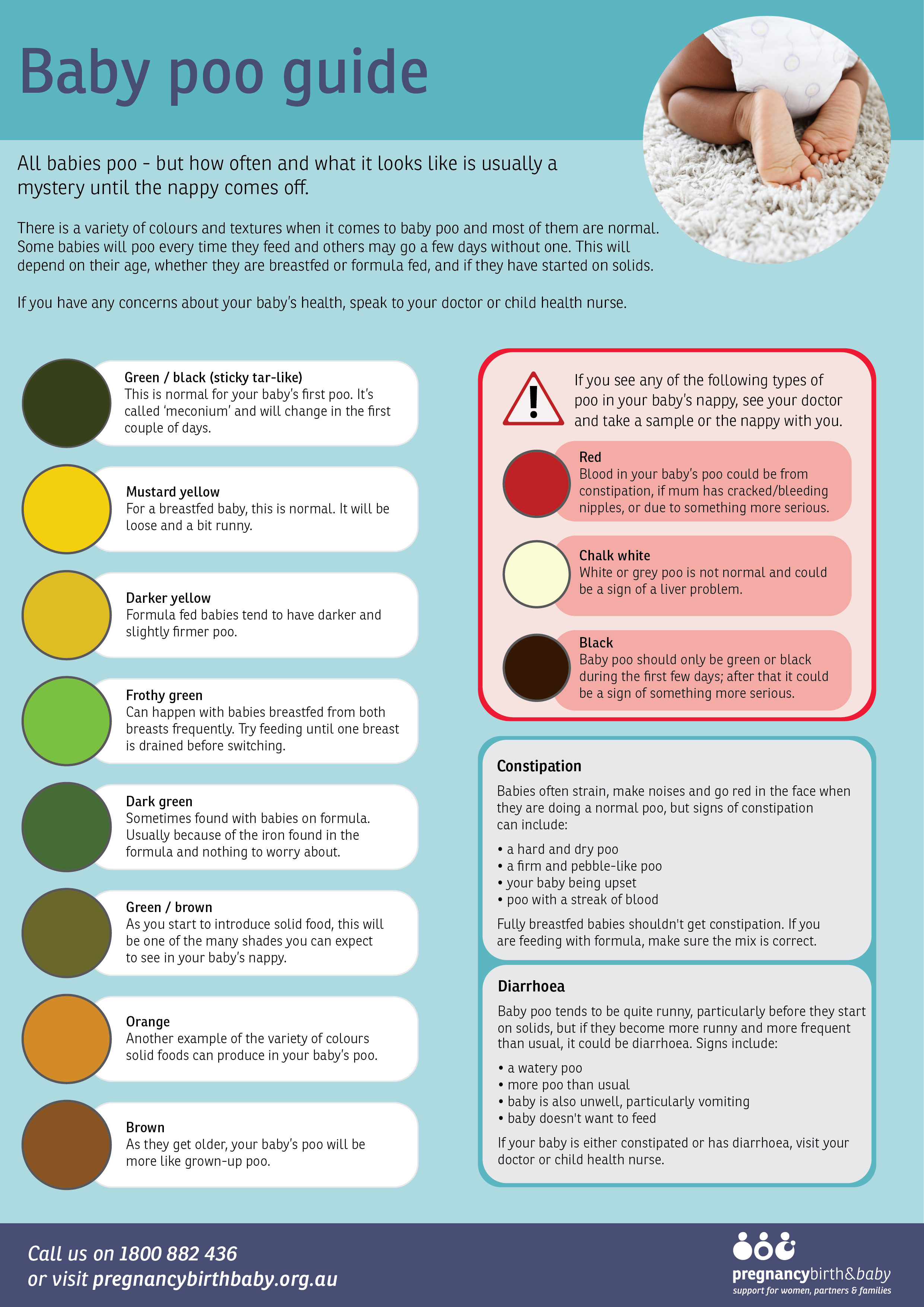
Symptoms To Watch Out For
When your baby has diarrhea but seems fine, it’s essential to be aware of potential symptoms that may indicate a more serious issue. By recognizing and monitoring these symptoms, you can ensure your baby receives appropriate care and attention. Below are some key symptoms to watch out for:
Frequent Watery Stools
Babies experiencing diarrhea may have frequent watery stools. Keep a close eye on the consistency and frequency of their bowel movements, as this can help determine the severity of the diarrhea.
Fever
An accompanying fever can indicate an underlying infection or illness. It’s crucial to monitor your baby’s body temperature and seek medical advice if it exceeds the normal range.
Irritability Or Excessive Crying
Irritability or excessive crying beyond their usual behavior may be a sign of discomfort or pain due to diarrhea. Pay attention to your baby’s mood and demeanor to assess any changes.
When To Seek Medical Help
If your baby has diarrhea but seems otherwise fine, it’s important to monitor their condition closely. While most cases of diarrhea in babies are due to viral infections and resolve on their own, there are certain signs that indicate the need for medical attention.
Persistent Diarrhea
If your baby’s diarrhea persists for more than 24 hours, it’s crucial to seek medical advice. Persistent diarrhea can lead to dehydration and may be indicative of an underlying problem that requires medical intervention.
Signs Of Dehydration
Keep a close eye for signs of dehydration in your baby, including dry mouth, fewer wet diapers, crying without tears, sunken fontanel (soft spot on the top of the head), and excessive fussiness. These indicators necessitate immediate medical evaluation.
Blood In Stool
If you notice blood in your baby’s stool, it is a red flag that requires prompt medical attention. Blood in the stool can be a sign of an infection, allergy, or other serious condition that needs to be addressed by a healthcare professional.
Home Remedies To Manage Diarrhea
When your baby has diarrhea but otherwise seems fine, you may consider trying some home remedies to manage the condition. These remedies can help restore the balance of fluids and healthy bacteria in your baby’s digestive system, while also providing relief from discomfort. Here are three effective home remedies that you can try:
Oral Rehydration Solutions
One of the most important steps in managing diarrhea is to prevent dehydration. Oral rehydration solutions are specially formulated to replace the lost fluids and electrolytes from the body. These solutions contain the right balance of salts and sugars to help the body absorb water more effectively. You can find these solutions at most pharmacies or make your own by mixing six level teaspoons of sugar and half a level teaspoon of salt with one liter of clean drinking water. Offer small sips of this solution to your baby frequently throughout the day to keep them hydrated.
Probiotics
Probiotics are beneficial bacteria that can help restore and maintain a healthy balance in the gut. They can aid in reducing the duration and severity of diarrhea episodes. You can find probiotic supplements specifically designed for infants at health food stores or pharmacies. Consult with your pediatrician to determine the appropriate dose for your baby. Alternatively, yogurt and other fermented foods can also provide natural sources of probiotics. However, it’s essential to choose unsweetened and plain varieties, as added sugars can aggravate diarrhea symptoms.
Adjusting The Diet
Modifying your baby’s diet temporarily can help manage diarrhea. Certain foods can worsen the condition or be harder to digest, so it’s important to choose the right ones. Stick to easily digestible foods such as bananas, rice, applesauce, and toast (BRAT diet). These foods are gentle on the stomach and can firm up the stools. Additionally, avoid foods that are greasy, spicy, or high in fiber, as they may further irritate the digestive system. Offering frequent small meals throughout the day instead of large portions can also help ease the strain on the gut.
Remember that while these home remedies may alleviate diarrhea symptoms to a certain extent, it’s crucial to monitor your baby’s condition closely. If the symptoms persist, worsen, or are accompanied by other concerning signs, make sure to seek medical attention from your pediatrician immediately.
Preventive Measures, Proper Hand Hygiene
Wash hands with soap and water for 20 seconds.
Use alcohol-based hand sanitizer when soap and water are not available.
Breastfeeding Vs. Formula Feeding
- Breastfeeding boosts immunity against infections.
- Formula feeding may increase the risk of diarrhea.
Vaccinations
- Ensure timely vaccinations to prevent serious infections.
- Follow the vaccination schedule recommended by healthcare providers.
Consulting A Pediatrician
A baby having diarrhea may raise concerns for parents, even if the baby seems fine otherwise. Seeking guidance from a pediatrician is crucial to ensure the baby’s health and well-being.
Initial Assessment
Pediatricians will conduct a thorough evaluation of the baby’s symptoms, medical history, and any recent changes in diet or environment to determine the possible causes of diarrhea.
Diagnostic Tests
To pinpoint the underlying cause of diarrhea, pediatricians may recommend diagnostic tests such as stool analysis, blood tests, or imaging studies to rule out infections, allergies, or other health issues.
Treatment Plan
Upon assessing the baby’s condition, the pediatrician will devise a treatment plan that may include rehydration, dietary adjustments, probiotics, or medications to alleviate symptoms and restore the baby’s health.
Nutrition And Diet Recommendations
When a baby experiences diarrhea but otherwise seems fine, it’s crucial to focus on their nutrition and diet to aid in their recovery. Proper nutrition can help alleviate symptoms and promote healing. Here are some essential recommendations to consider:
Boiled Starchy Foods
Boiled starchy foods such as rice, potatoes, or plain pasta can help firm up your baby’s stools and provide essential carbohydrates for energy. These foods are gentle on the stomach and can help replenish lost nutrients. Be sure to serve them plain without any added spices.
Avoiding Dairy Products
During a period of diarrhea, it’s advisable to avoid dairy products as they can worsen symptoms. The lactose in milk and other dairy items can be difficult to digest for a baby with diarrhea. Opt for lactose-free alternatives or consult with a healthcare professional for suitable replacements.
Gradual Introduction Of Solid Foods
When your baby is showing signs of improvement, consider introducing solid foods gradually. Begin with simple, easily digestible options such as mashed bananas, cooked carrots, or applesauce. Slowly reintroducing solid foods can assist in assessing their tolerance and preventing any potential discomfort.
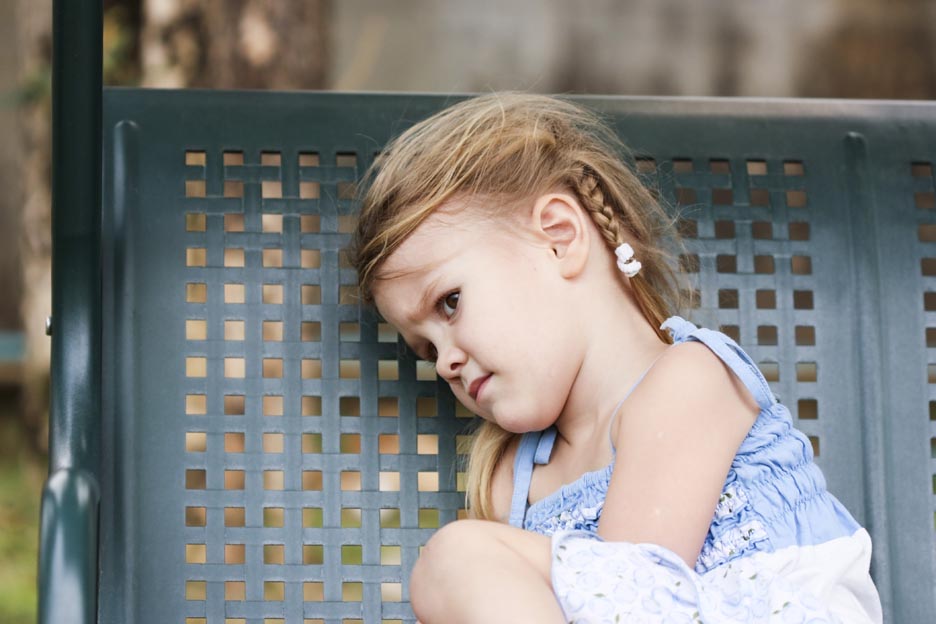
Monitoring And Recovery
When a baby has diarrhea but seems fine otherwise, it is important for parents to closely monitor their little one’s symptoms and ensure a smooth recovery. Tracking symptoms, scheduling follow-up appointments, and gradually resuming regular activities are key factors in ensuring the baby’s well-being. By being vigilant and implementing the necessary measures, parents can help their baby get back to their cheerful and active selves in no time.
Strong tracking Symptoms/strong
Tracking symptoms is crucial in assessing the progress of the baby’s recovery. By observing the frequency, consistency, and color of the stools, parents can gain valuable insights into the severity and duration of the diarrhea. Additionally, they can keep an eye out for other symptoms such as fever, vomiting, or signs of dehydration. Maintaining a log or using a symptom tracker app can be useful in keeping a record of the baby’s progress and sharing accurate information with healthcare professionals.
Strong follow-up Appointments/strong
Regular follow-up appointments with the pediatrician are essential in the recovery process. These appointments allow healthcare professionals to monitor the baby’s progress, assess hydration levels, and provide guidance on any necessary interventions or dietary changes. The pediatrician may request further tests or adjustments to the treatment plan based on the baby’s symptoms and overall health. It is important for parents to diligently attend these appointments and communicate any concerns or changes in the baby’s condition.
Strong resuming Regular Activities/strong
As the baby starts showing signs of recovery, parents can gradually resume regular activities while ensuring a cautious approach. It is crucial to maintain proper hygiene practices, especially during diaper changes and feeding times, to prevent the spread of infection. Gradually reintroducing a balanced diet and fluids, as advised by the pediatrician, can help restore the baby’s strength and aid in a speedy recovery. However, parents should pay close attention to the baby’s tolerance to different foods and make adjustments as necessary.
In conclusion, monitoring and facilitating the recovery of a baby with diarrhea is a vital responsibility for parents. By tracking symptoms, attending follow-up appointments, and gradually resuming regular activities, parents can play an active role in their little one’s recovery and ensure a healthy and happy future.

Diarrhea in babies can occur without other symptoms due to various reasons, such as dietary changes, teething, infections, or stress. It’s important to monitor hydration levels and seek medical advice if the diarrhea persists or if you notice any concerning symptoms.
Can A Child Have Diarrhea And Not Be Sick?
Yes, a child can have diarrhea without being sick. It can be due to food intolerance or changes in diet.
How Long Is Too Long For A Baby To Have Diarrhea?
A baby should not have diarrhea for more than a few days. If it persists longer than that, it’s recommended to consult a pediatrician to determine the underlying cause and provide appropriate treatment.
When Should I Take My Baby To The Doctor For Diarrhea?
If your baby has diarrhea for more than 24 hours or is showing signs of dehydration, consult a doctor promptly for evaluation and treatment.
Conclusion
If your baby is experiencing diarrhea but seems otherwise healthy, it is essential to monitor their symptoms closely. While occasional bouts of diarrhea are common, it’s important to consult a healthcare professional if the problem persists or worsens. Remember to keep your baby hydrated and provide a balanced diet to aid in their recovery.
Trust your instincts and seek medical advice when necessary to ensure your baby’s health and well-being.

